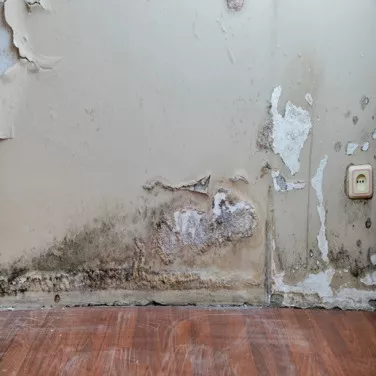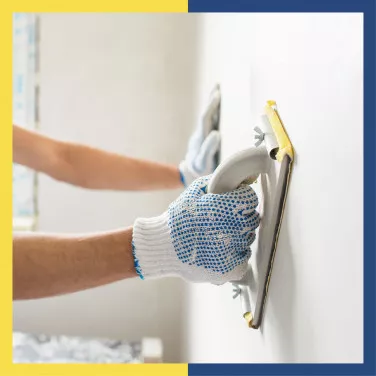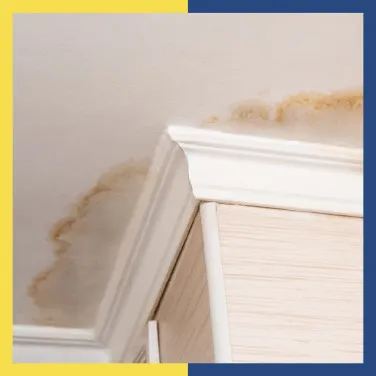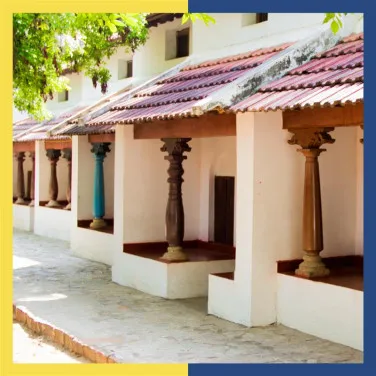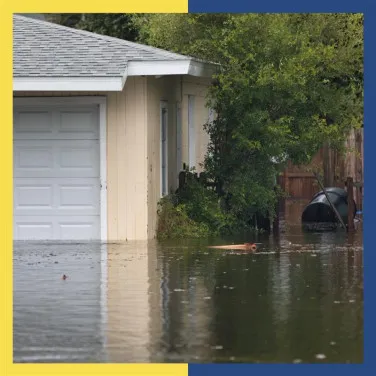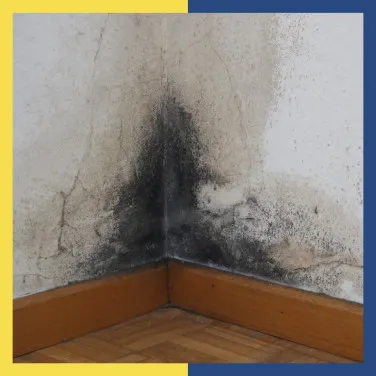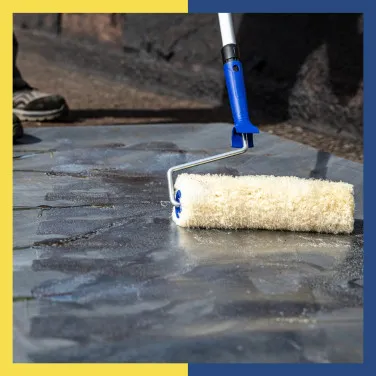Essential roof waterproofing solutions for new home construction
Ensure a strong, leak-free roof by using waterproofing solutions right from the construction phase. Know how this prevents cracks in walls and long-term damage.
Building a home is a significant investment, and ensuring its longevity starts with robust waterproofing solutions. Among all structural elements, the roof is the most exposed to weather extremes like rain, making roof waterproofing solutions a necessity rather than an option. Proper waterproofing during new home construction can prevent costly repairs and long-term damage. This guide explores the importance of roof waterproofing, the best strategies for implementation, and the materials that offer lasting protection.
Importance of roof waterproofing in new construction
A well-waterproofed roof plays a crucial role in protecting a home from moisture damage –
- Preventing leaks and dampness – Unchecked water ingress can cause stains, peeling paint, and damage interior structures.
- Enhanced structural durability – Waterproofing strengthens the roof, reducing the risk of deterioration caused by constant exposure to rain, heat, and humidity.
- Long-term cost savings - Investing in waterproofing during construction reduces the need for expensive repairs and maintenance.
- Energy efficiency – A waterproofed roof can improve insulation, keeping interiors cooler in summer and warmer in winter.
Construction vs renovation: When should waterproofing be done?
Waterproofing is best done during construction, as retrofitting waterproofing solutions in existing structures can be costly and labour-intensive.
| During construction |
During renovation |
|
|
|
|
|
|
Do only monsoon-prone areas need roof waterproofing?
There is a misconception that waterproof roof coating is only essential in regions with heavy rainfall. However, waterproofing is crucial for all climate zones.
- Monsoon and humid regions – These regions require high-thickness or complex hydrophobic waterproofing layers to withstand prolonged exposure to moisture.
- Arid regions – Though rainfall is minimal in these places, household activities like watering plants, washing terraces, and drying clothes can lead to water ingress.
- Cold regions – Snow accumulation and subsequent melting can cause cracks and water damage if the roof is not properly sealed.
Types of waterproofing based on roof type
Different types of roofs require tailored waterproofing solutions to ensure effective protection –
- Flat roofs – Flat roofs are more prone to water pooling and require internal waterproofing, high-thickness membranes, and proper drainage slopes.
- Sloped roofs – Water runs off easily sloped roofs, making waterproof coatings sufficient. However, gaps between tiles must be sealed to prevent seepage.
- Green roofs with plants – These roofs require maintenance to prevent plant roots from penetrating the roof’s surface or waterproofing layer, which can cause crack formation and leaks.
Essential waterproofing techniques for long-term protection
The right waterproofing method ensures durability and resistance against water damage. Here are some effective approaches –
- Admixture method – In this method, waterproofing compounds are added to the concrete mix during construction, creating water-resistant surfaces.
- Membrane waterproofing – This method uses a protective membrane layer, which is applied to the surface to prevent water penetration. Options include liquid-applied membranes, self-adhesive sheets, and bituminous coatings.
- Surface adhesive waterproofing – Waterproof coatings are applied directly to the roof surface in this method, enhancing resistance to weather elements.
Here’s a demonstration of how a waterproofing solution, like the Dr. Fixit Newcoat, is applied to a roof – https://youtu.be/ngRueOooNfY
Roof maintenance for sustained waterproofing
Regular maintenance ensures the longevity of waterproofing solutions and prevents cracks in walls and ceilings. Common maintenance measures include –
- Inspect for damage – Periodically check for signs of wear, such as cracks, blisters, or water stains.
- Maintain proper slopes – Ensure the roof has adequate drainage to prevent water stagnation.
- Clear debris and stagnant water – Remove leaves, dirt, and pooled water that could compromise waterproofing layers.
Expert intervention leads to stronger roofs
Incorporating waterproofing solutions during new home construction is a proactive step toward protecting a building from water damage. Proper waterproofing prevents cracks in walls and leakage issues and enhances structural durability.
Homeowners can ensure long-lasting protection and reduce future maintenance costs by choosing the right waterproofing method based on roof type, climate, and usage.
At Dr. Fixit, we offer the right solution, surface inspection, certified contractors, and answers to all your waterproofing-related queries. With expert guidance, you can ensure efficient waterproofing and stronger roofs. Fill out the form given below to reach out today!
Get Professional Waterproofing Solutions Today
Fill The Form below to took free site evaluation by Dr. fixit point safe painting service expert
Get Professional Waterproofing Solutions Today
Fill The Form below to took free site evaluation by Dr. fixit point safe painting service expert











